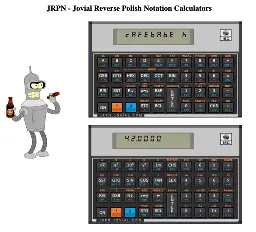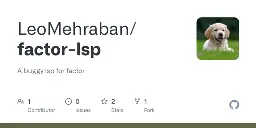Drunken Bishop (2023)
 Andy @ Andy @programming.dev Posts 184Comments 355Joined 2 yr. ago
Andy @ Andy @programming.dev Posts 184Comments 355Joined 2 yr. ago

Andy @ Andy @programming.dev
Posts
184
Comments
355
Joined
2 yr. ago
Forj: Looking for co-developers/co-designers for homoiconic stack based systems programming language development
Featured
Community is open for posting again
Mathematical Illustrations: A Manual of Geometry and PostScript (1996-2004)




What font is used in the "DEMAND A NEW NORMAL" banner?